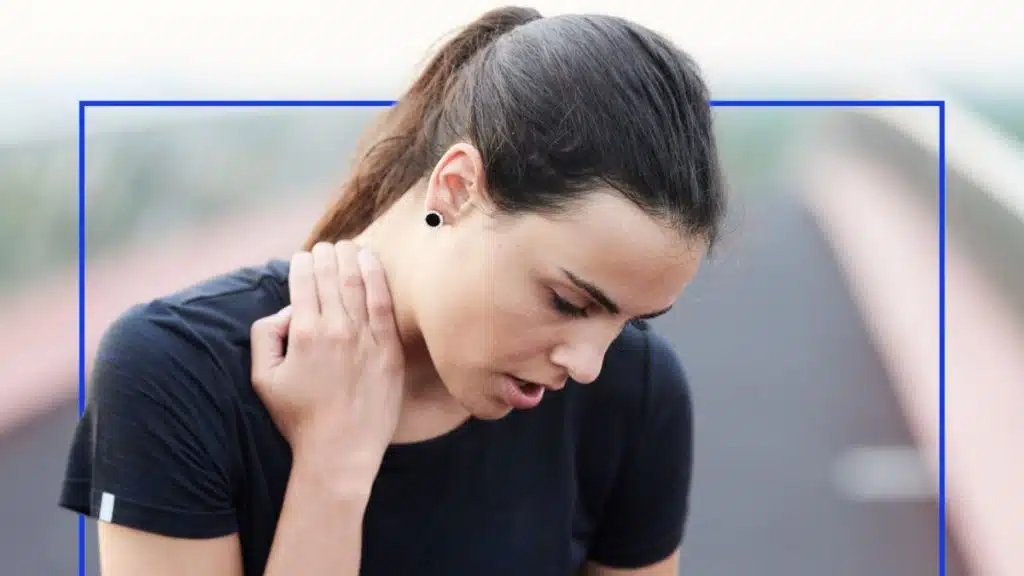Maintaining sufficient vitamin D levels is essential for immune system performance, bone health, and general well-being. The first step in treating any possible health problems is being aware of the signs and symptoms of vitamin D insufficiency.
One essential mineral that maintains bone health and encourages normal bone growth is vitamin D. Additionally, the immunological, musculoskeletal, and neurological systems need to function. Vitamin D can be obtained by supplements, diet, and sun exposure. When your body doesn’t have enough of this vitamin, you have a deficit. Because of this, it’s critical to replenish sufficient levels of vitamin D to preserve your general health. You can speak with experts at Apollo Hospitals Hyderabad for guidance on maintaining healthy vitamin D levels. Learn about the signs of vitamin D deficiency and how to treat them by reading on.
Symptoms of Vitamin D Deficiency
Here are some of the most common symptoms of vitamin D deficiency :
Frequent Infections or Illnesses: Vitamin D plays a key role in immune function by interacting with the cells responsible for fighting infections. If you frequently fall ill, it could be due to low vitamin D levels. Pain in the Back: Since vitamin D enhances calcium absorption, it helps maintain bone health. A deficiency might lead to bone or lower back pain. For personalized care, consult the best orthopedic doctor in Hyderabad at Apollo Hospitals. Fatigue: Studies indicate that vitamin D deficiency may contribute to fatigue. It can also be linked to poor sleep quality, shorter sleep duration, and difficulty falling asleep, which can further intensify feelings of exhaustion.
Impaired Wound Healing: Low vitamin D levels may be the cause of delayed wound healing following surgery or an injury. This vitamin helps reduce inflammation, which is essential for healthy healing and aids in the production of chemicals required for the construction of new skin.
Muscle Pain: Although it might be difficult to identify, vitamin D insufficiency may be the cause of muscle pain. Chronic pain may be exacerbated by the vitamin’s interactions with pain-sensing nerve cells and its involvement in your body’s pain-signalling pathways.
How Do You Treat a Vitamin D Deficiency?
Achieving and maintaining appropriate levels of vitamin D in your body is the fundamental objective of treating and preventing vitamin D insufficiency. Your doctor could advise using vitamin D pills to achieve this. There are two types of vitamin D: D3 (cholecalciferol), which is obtained from animal sources, and D2 (ergocalciferol), which is obtained from plants. D3 can be bought over-the-counter and is more effectively absorbed by your body than D2, but D2 needs a prescription. To find out if you require a supplement and what dosage is best for you, you must speak with your healthcare professional.
It’s crucial to make sure you’re getting enough vitamin D from your diet and sun exposure in addition to taking supplements. However, since prolonged sun exposure without sunscreen raises your risk of developing skin cancer, proceed with caution. Vitamin D is found naturally in many foods, including:
- Fish high in fat, such as sardines, salmon, mackerel, and tuna
- Liver of beef
- Rainbow trout
- Particularly when exposed to ultraviolet light, mushrooms
- Oil from cod liver
- The yolks of eggs
Fortified foods also contain vitamin D. Always verify whether additional vitamin D is present by reading nutrition labels. Typical fortified objects consist of:
- Cereals for breakfast
- Almond, soy, and oat milk are plant-based substitutes for cow’s milk.
- Yogurt and other dairy items
- Orange juice
Conclusion
Maintaining optimal vitamin D levels is essential for overall health, as this vital nutrient supports bone health, immune response, and muscle function. Recognizing the symptoms of vitamin D deficiency is crucial for timely intervention. If you suspect you may have a deficiency, it’s important to consult healthcare professionals who can provide personalized advice and treatment options. For expert guidance on managing your vitamin D levels, consider reaching out to specialists at Apollo Hospitals Hyderabad. Additionally, if you’re dealing with bone pain or related issues, consulting the best orthopedic doctor in Hyderabad can help you address these concerns effectively and ensure your long-term well-being.


